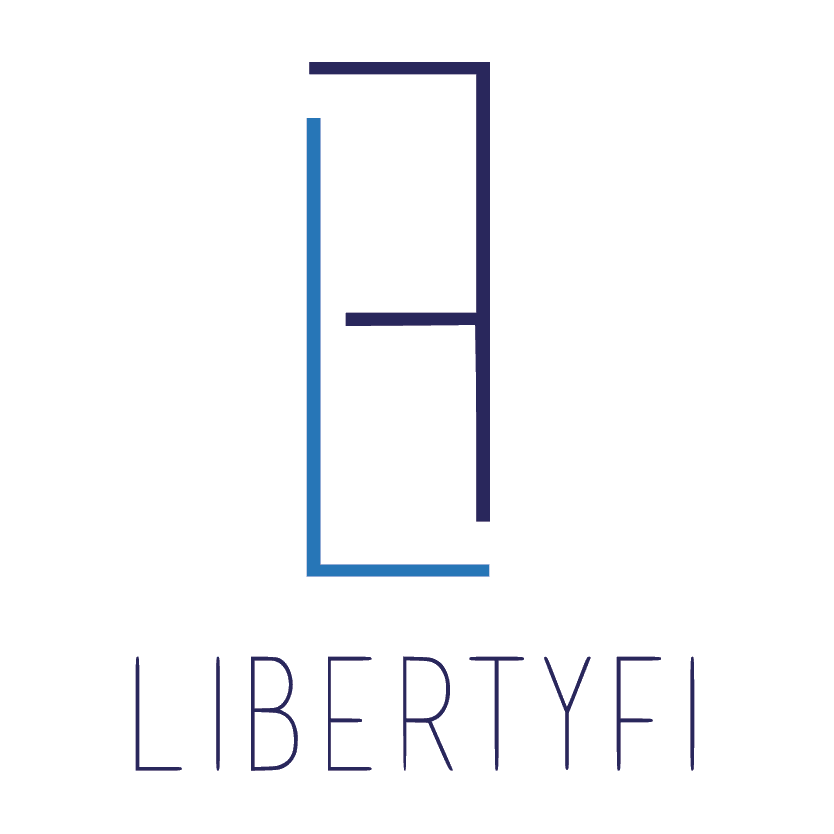News of advisors breaking away from wirehouses, banks, or broker-dealers makes regular headlines in the financial press. But if they leave to join an independent broker-dealer, are they really breaking away and achieving real freedom and independence?
Picture a chef eager to open his own restaurant so he can create exciting menus of delicious food for his target clients. When he strikes out on his own, a franchise offers him a financial incentive to open one of their restaurants. In exchange for the upfront check from the franchise, the chef trades away his control and potential business value as the franchise defines most aspects of his business, including brand, operation, menu, quality, and more.
Leaving one broker-dealer and going to another is similar to the chef who was lured by the upfront payout from the franchise. Broker-dealers offer advisors a payout to join their firm, some multiple of their trailing 12 months upfront, that is essentially a loan that is forgiven over a pre-determined period of time, typically after 7 years.
While the upfront payout can be tempting, it doesn’t come for free. Important decisions like who to custody with, which investment platform to use, which products are available, and more are decided by the wirehouse, broker-dealer, or bank. This creates inherent conflicts of interest as the advisor can’t always choose what is in his or her clients’ best interests.
More recently, the hybrid model has gained in popularity. On the surface, it seems like the best of both worlds: Advisors affiliate with both an RIA and broker-dealer. However, affiliating with an independent broker-dealer in a hybrid model, either semi-captive or dually registered, still imposes restrictions. While hybrid advisors have more freedom than advisors affiliated with a wirehouse or bank, they are still not achieving ultimate freedom in how they run their business and serve clients and may have restrictions when it comes to choosing their:
- Business model, and they may be an employee of IBD
- Back-office support
- Billing
- Compliance
- Technology
- Custodian
- Client book
We believe the only true path to total independence, freedom, and control is to break away to an RIA. Independent RIAs have total control of their businesses, from their business model to client book.
Thinking of long-term succession planning, RIAs who own their own client books have a larger pool of potential buyer than advisors affiliated with a BD and also benefit from the opportunity to create long-term capital gain as the firm grows.
The sale of a successful RIA could return a large multiple of earnings before owner compensation (EBOC). For example, in September 2019, Goldman Sachs acquired United Capital, an independent RIA, for $750 million in cash. The IRS would have taxed this as capital gains at 20 percent rather than as income at 49 percent.
Claiming True Independence
With our deep middle office experience, LibertyFi can help growth-oriented RIAs increase productivity to drive revenue and scale their businesses.
Our personalized consulting services include evaluating clients’ business processes and their supporting technologies, streamlining operations, providing middle-office support and training, and implementing the Envestnet platform. We can help you strengthen your client experience by defining and automating your workflows. RIAs who work with LibertyFi and outsource their middle office, have more time to devote to clients and grow faster.
To learn how we can help you focus on serving clients by handling your middle office, contact Alli Jordan, President and COO of LibertyFi.
